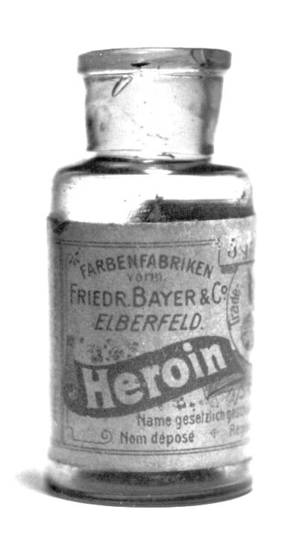Scientists have found a drug which is highly effective at combating the symptoms of opioid withdrawal.
 Writing in the Journal of Pharmacogenetics and Genomics, Stanford University researcher Larry Chu and his colleagues made the discovery by studying how 18 different strains of morphine-addicted laboratory mice coped with going cold turkey. When opioid-accustomed mice are given a drug called naloxone, which blocks the effects of opiates, they jump up and down, and strains that show more jumping behaviour seem to be worse withdrawers than animals that jump very little.
Writing in the Journal of Pharmacogenetics and Genomics, Stanford University researcher Larry Chu and his colleagues made the discovery by studying how 18 different strains of morphine-addicted laboratory mice coped with going cold turkey. When opioid-accustomed mice are given a drug called naloxone, which blocks the effects of opiates, they jump up and down, and strains that show more jumping behaviour seem to be worse withdrawers than animals that jump very little.
To find out why the team compared the DNA sequences of animals that jumped the most with the mouse strains that jumped the least. The team were gratified to find a DNA hotspot in a gene called Htr3a, which is a brain receptor for the transmitter substance and chemical feel-good factor serotonin, also known as 5HT. The strains of animals with the worst withdrawl effects seemed to have a different form of this 5HT3 receptor than the animals with fewer side effects, prompting the team to speculate that 5HT might be linked to at least some of the classical symptoms associated with drug withdrawal.
To find out they gave the mice doses of the drug ondansetron, which blocks 5HT3 receptors and is used to prevent nausea in patients undergoing chemotherapy. Administration of the drug to the withdrawing mice produced a dramatic improvement, and since the drug is already licensed for human use, the team conducted a simple trial on humans volunteers. Similar to the mice, 8 subjects received either ondansetron or a placebo before being treated with morphine and then put into withdrawal using naloxone.
Predictably, those given ondansetron first reported far fewer unpleasant withdrawal effects compared with their placebo-treated counterparts. The researchers are pleased with the result, but caution that the drug isn't a panacea and addiction is a hard nut to crack. At the same time, the findings offer encouragement that other receptor-systems responsible for the effects of physical addiction, which compel addicts to continue using drugs, will be found so that more effective treatments can be developed.










Comments
Add a comment